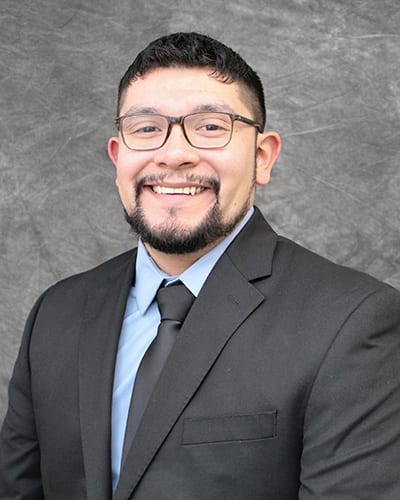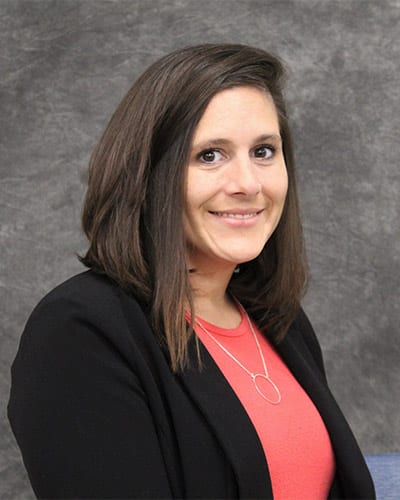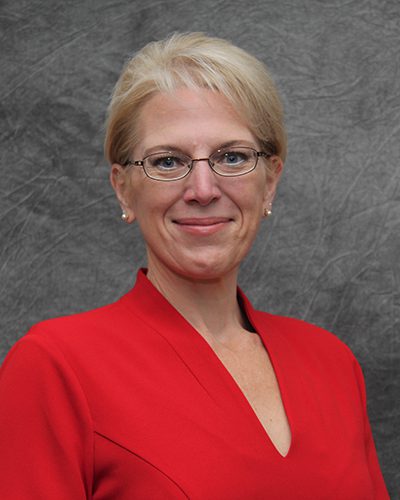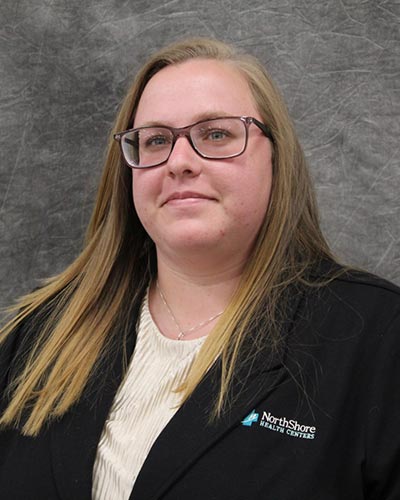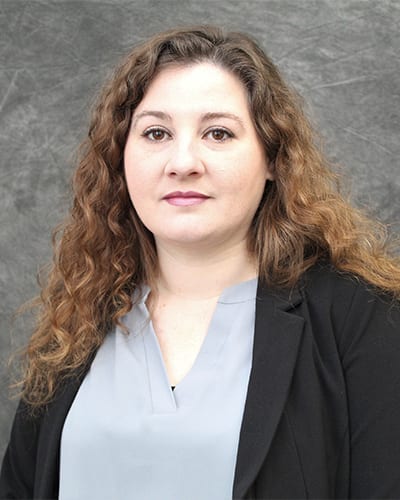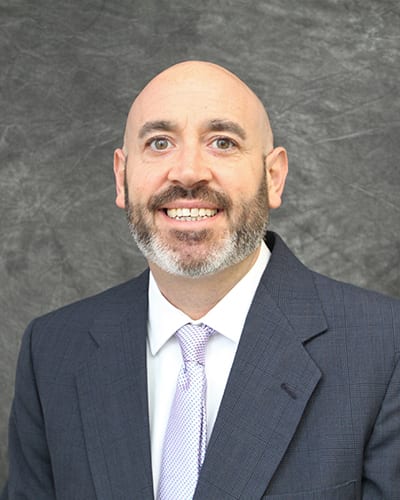Peer-to-Peer Groups
Peer-to-Peer Groups at NorthShore
Family Matters Support
If you’re a family member or a friend of someone struggling with substance abuse, chances are you are dealing with your own struggles due to their substance abuse. You may be feeling lost, helpless, or even angry.
NorthShore offers interactive support groups and education for those coping with a loved one suffering from substance abuse.
Registration is required and group size is limited.
Women’s Support
According to the Substance Abuse and Mental Health Services Administration, women benefit from support and activities that can help develop their voices and self-identities. Trauma and violence can have significant short- and long-term effects on a women’s neurological, biological, psychological, and social health. Through group interventions, women can learn healthier ways of coping with the long-term effects of trauma. Encouraging mutual self-help among women in groups can help enhance their engagement in recovery. This can improve health, healing, and recovery. Women in recovery often have low self-efficacy and self-esteem, which can impact their recovery. Making choices and having a chance for shared decision-making, goal-setting, and voicing their ideas can help build confidence and courage.
In substance abuse, we see clients with significant trauma history, especially among women. A crucial part of recovery is recognizing, removing, and replacing our triggers, thoughts, and behavior. Women often do not get a chance to have a safe place for them to understand and learn about domestic violence, sexual abuse, self-harm, etc. In our Women’s group, we provide the safe place to communicate, learn, and express ways to overcome some of the trauma they may have experienced, as well as how to start the healing process.

Benefits of Women’s Support:
- Developing a voice and self-identity
- Learning healthy coping skills
- Building confidence and courage
- Learning about healthy interactions and friendships that include respect, boundaries, and communication
- Building self-esteem
- Building supportive relationships with other women
Co-Occurring Disorders Group
According to NAMI, co-occurring disorders is a term for someone who experiences a mental illness and a substance use disorder simultaneously. Dealing with a co-occurring diagnosis can feel both challenging and isolating. A group environment allows patients to receive education, celebrate success, and form healthy friendships with encouragement to stay clean. When treating both together, relapse is less common.
NorthShore utilizes Cognitive Based Therapy in order to explore patterns of behavior and thoughts that may lead to relapse. Patients will formulate coping strategies to handle stress and other difficulties during recovery. The skills learned in group can be incorporated into the patient’s everyday life.
Benefits of Co-Occurring Disorders Group:
- Reducing stigma around mental health
- Understanding the role of mental health treatment in recovery
- Receiving support and encouragement
- Education about substance use and psychiatric disorders
- Learning coping skills










